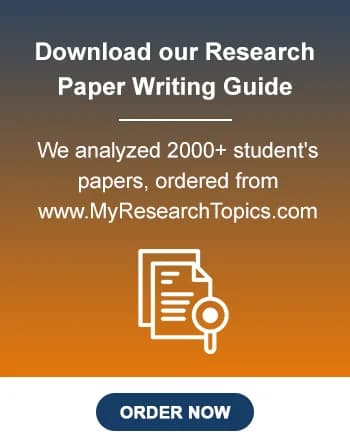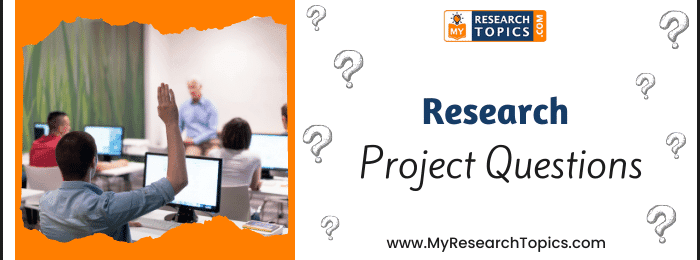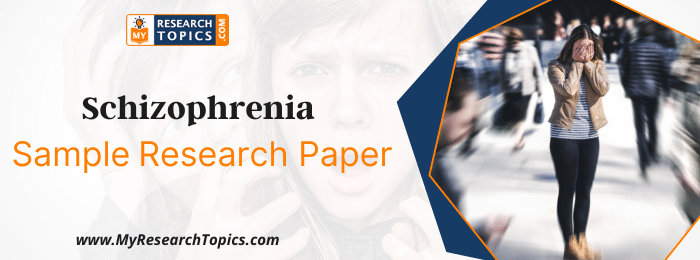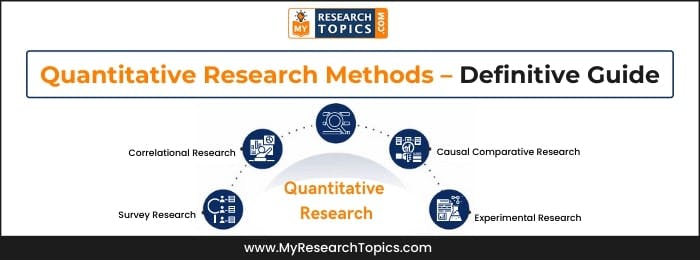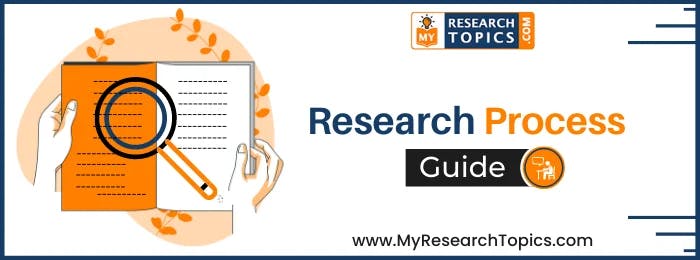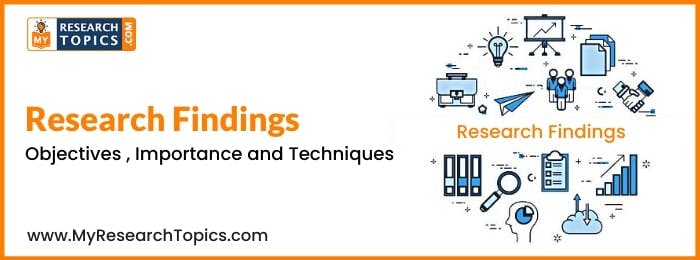Discourse Analysis Research Methodology – Meaning, Uses and Procedure
Published 16 October, 2023
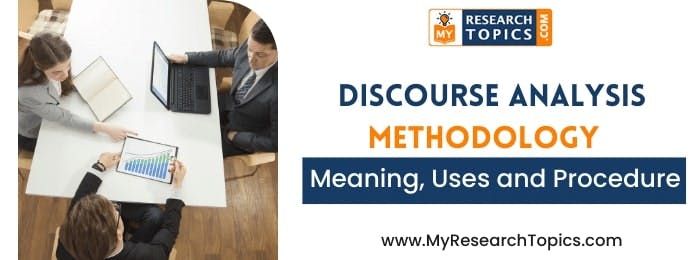
Discourse analysis is a research methodology that involves the study of linguistic and non-linguistic aspects of human communication, including verbal and written texts. This type of analysis can be done on any kind of written or spoken communication, but researchers typically use it when studying conversations and other interactions between people. This blog post will explain how to conduct a discourse analysis by explaining the steps required for this process.
What is Discourse Analysis?
Discourse analysis in research is roughly defined as the linguistic study of texts. It examines not only the wording and grammar but also how an author’s cultural identity, background knowledge, and purposes shape written messages.
It is basically a qualitative research technique which mainly utilizes in the field of humanities and social science. Material that researchers use for performing discourse analysis includes books, newspapers, etc. You can perform discourse analysis for developing an in-depth understanding of various aspects of communication. Discourse analysis mainly emphasizes the contextual meaning of language. Discourse analysis is basically an analytical procedure that mainly involves criticizing and deconstructions language that the researcher utilizes in a social context.
Discourse analysis is basically an analytical technique that researcher utilities for analyzing language. You can also utilize it for identifying the way people use language.
The main objective of discourse analysis is to develop perception. It also intends to classify the meaning, networks, and procedure. In simple words, the main objective of discourse analysis is to categorize the data. Another objective is to help in the extraction of meaningful information from it. This type of analysis mainly emphasizes negotiation, change, and production of meaning.
For example, suppose researchers conduct medical research for determining whether a misunderstanding has taken place between doctors and patients or not. The researcher has organized interviews for gathering information about the experience and feelings of women in relation to the diagnosis of breast cancer.
While performing discourse analysis in research you need to mainly emphasize on
- Objective and impact of different kinds of languages.
- Code of conduct in specific cultures and principles in the context of communication.
- The way believes ideas and opinions are communicated
- The way people use language in relation to historical, political, and social contexts.
Uses of discourse analysis
- You can perform discourse analysis for developing an understanding of the functions of language.
- It can be useful in terms of analyzing the way meaning is generated in various social contexts.
- By performing the discourse analysis you can gain knowledge about the different social groups. You will be able to develop an understanding of the way they communicate.
- Discourse is basically one of the types of research techniques that you can use for analyzing a large volume of material.
- You can also apply it to smaller samples all things depend on the aims, objectives, and time period of investigation.
Sources which you can analyze at the different communication level
| Level of communication | Things that could be analyzed |
| Language | This includes analysis of phrases or words |
| Sentence structure | Framework of text |
| Language rules | It involves the analysis of the way you structure different sentences in research. |
| Genre | It involves an analysis of political speeches. |
| Non- verbal communication | It includes analysis of gesture, voice, tone, volume, pauses |
| Code which people for conversation | Conversation between people, the response of the listener. |
Procedure of conducting discourse analysis
There are different phases involved in discourse analysis, these are:
Step 1. Defining a research question and selecting content for analysis
Before beginning to perform discourse analysis in research you need to identify the research questions for which you want to get answers. After that, you need to define the same. This means that after formulating good research questions you need to choose different materials that could be helpful in getting answers.
For example, Suppose, you perform research for developing the understanding of the way the particular transformation of dictatorship to democracy that influences the businesses. You for collecting the information about the same can emphasize on the identification of mission. In addition to this, you will also need to analyze the marketing material such as a brochure, advertisement of the five largest organizations after the transformation in a management system.
Step 2. Collection of facts and hypotheses on the context
it is a phase where you need to gather detailed information about the sources of content. Other details that you will need to gather about content include the name of the author, information about publication and publisher, etc. You can do the construction of a theoretical framework and write a literature review can as this strategy will help you in supporting your analysis.
For example, you are performing an investigation on the history and politics of the nation. You are collecting information about history and politics meantime you are conducting research on business. You are also performing a study on analyzing the relationship between government and businesses.
Step 3. Analysis of content for designing themes
It is the stage in discourse analysis where you need to closely analyze the various components and aspects of material like every word, sentence, paragraph structure in a research paper. After analyzing the material closely you need to relate them with the themes or research questions.
For example, using the above example where the research on history and politics in the country has been performed. At this phase, if you are using the newspaper as material then you have to closely analyze each sentence, text, and opinion of people about the topic.
Step 4. Reviewing outcome and Making a conclusion
At this phase of discourse analysis in research, you need to express your opinion about the Research findings of the investigation. It is the strategy that will help you in analyzing the meaning and functions of language. It is a stage you need to review the analysis which you have to perform in terms of a wide context.
For example, Research on the history and politics of the nation, results reveals that the article which was published before the transformation of the management system states that there is a need for change. Whereas, it has been found by material published after changes in the regime that there is a need for transformation for providing high value to customers.
Other Related Guides
- Research Project Questions
- Types of Validity in Research – Explained With Examples
- Schizophrenia Sample Research Paper
- Quantitative Research Methods – Definitive Guide
- Research Paper On Homelessness For College Students
- How to Study for Biology Final Examination
- Textual Analysis in Research / Methods of Analyzing Text
- A Guide to Start Research Process – Introduction, Procedure and Tips
- Research Findings – Objectives , Importance and Techniques
- Topic Sentences in Research Paper – Meaning, Parts, Importance, Procedure and Techniques
